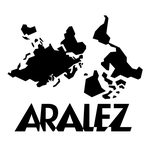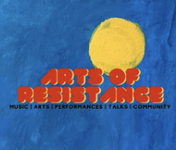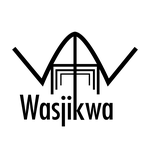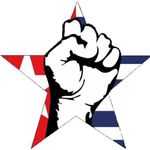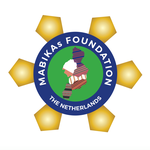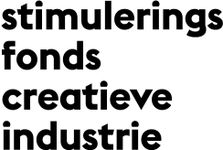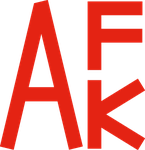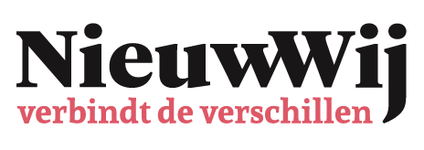On October 12th, we are organising a day full of activities as part of Indigenous Liberation Day; a solidarity march, Mapu commemoration and solidarity ceremony, a 1492 people’s tribunal, cultural performances and panels. Together we reflect upon on the day that Columbus invaded Abya Yala (the American continent) in 1492. A date that marks the symbolic beginning of European colonialism. Resulting in the break-down of the right to self-determination, identity and culture of Indigenous People’s worldwide. Indigenous land defenders are still displaced and killed; rivers and environment polluted; and land being colonised for large multinationals. The result is the current climate crisis. Therefore, it is time for reparations, justice and decolonisation! This festival offers a platform for reparatory perspectives on the climate crisis, inter-generational healing, cultural values, and solidarity.
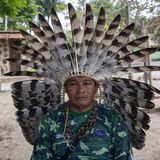
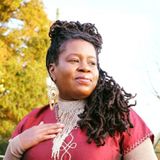
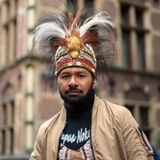
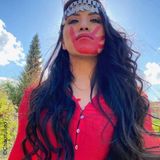
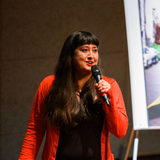
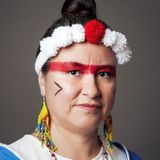
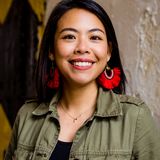
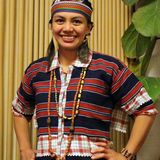
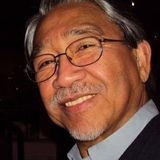
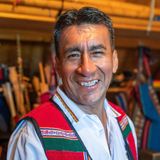
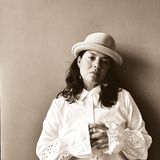
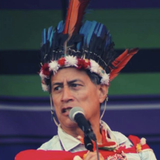
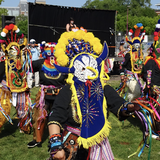
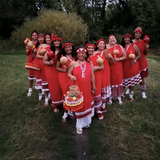
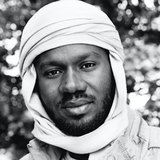
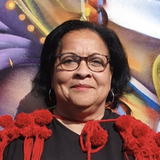
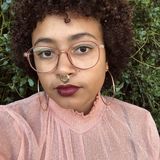
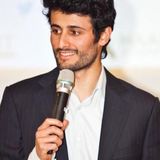
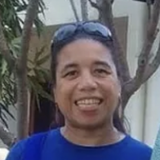
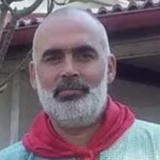
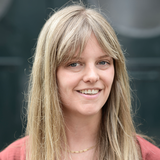

Solidarity walk from the Dam to the ‘Kop van Java’. Reservation for the march is not needed, information and updates can be found on the facebook of Aralez.
Location is at the Kop van Java. Reservation for the ceremony is not needed, information and updates can be found on the facebook of Aralez.
During the break people can have dinner. Come join us at Pakhuis de Zwijger for vegetarian meal for €15,50 (payment at location). If you are interested in partaking in this dinner please let us know in your reservation and state any dietary restrictions as well.
During the plenary session international speakers will share their perspective on reparations. Reservation is necessary!
Workshops, panels en dialogues. More information about break out sessions will follow soon. Reservation is necessary!
During the plenary session with international speakers and a call to action. Reservation is necessary!
Performances by different artists for a nice ending of the evening.
More information on the programmes @ Pakhuis de Zwijger
Dinner | 18:30-19:30
After the solidarity march and the Mapu ceremony there well be a possibility of having dinner with us at Pakhuis de Zwijger. Join us for a vegetarian meal for €15,50 (payment at location). If you are interested in partaking in this dinner please let us know in your reservation and state any dietary needs there as well.
Plenary opening with International Speakers | 19:30-20:15
We will open the festival with international speakers Juana calfunao paillaléfmapuche lonko (chief) from wallmapu (Chili) and pan-african reparations expert Esther-Stanford Xosei. During the opening we will speak about the topic of (holistic) reparations and the right to self-determination for Indigenous People’s.
Short break & moving to workshops and panels | 20:15-20:30
Break-out activities with workshops, panels, dialogues and art | 20:30-21:30
During this part you can go to one of our five break-out room sessions. Below you can find a short description of the activities and themes, more detailed information will follow later. The events are in English or Dutch, sometimes mixed. Find the different workshops below:
Intergenerational Dialogue on maintaining identities | 20:30-21:30
During the dialogue we will speak with different generations of Indigenous diaspora in the Netherlands. How do they stay in touch with their Indigenous roots? What are challenges and how can we reconnect with our Indigenous identities when we are living in urban settings? This dialogue will be lead by leander vermaning from Wasjikwa with Mallika Sille and Olivia Williams (Dutch).
SOLD – OUT |Cultures of Resistance | 20:30-21:30
By Arts of Resistance. During this panel we will learn more about the way colonialism has impacted Indigenous cultures and the way resistance has been nurtured by culture. The programme will consist of both cultural performances as well as talks with, amongst others, Aymara flute player Roberto Callisaya Hilara and dancer and co-founder of MABAIKAs Foundation Myra Collis.
(English)
SOLD – OUT | Workshop Healing from Intergenerational-trauma | 20:30-21:30
Workshop bu by Navaya Real Castillo co-founder of Nali Vena, and The Nativa Collective. During this participatory workshop you will learn more about intergenerational trauma specifically how to define and recognise it. Also tools and reflections for making steps in the process of repairing and healing ourselves and our communities are provided. (English)
SOLD – OUT | The Indigenous dreams expo | 20:30-21:30
This expo will portray 10 Indigenous women living in the Netherlands accompanied by interviews on their Indigenous dreams healing and dealing with colonial nightmares. During the expo visitors are invited to join a circle talk to share thoughts on how we imagine a future in line with Indigenous values? (English)
SOLD – OUT International Solidarity Circles for reparatory justice | 20:30-21:30
By Aralez. During the solidarity circles you will be able to speak with Indigenous diaspora from West Papua, Philippines, and the Molukken. During the interactive circles people will tell more about their homeland situation and how we can better organise solidarity from the Netherlands with different front-line communities. How do we repair the damage done and prevent further colonisation? Solidarity circles are ideal for people wanting to support existing campaigns of Indigenous communities. (Mix: English/Dutch)
Plenary closing | 21:45-22:00
During the plenary closing some of the outcomes of the different break-outs are shared and final reflections of the day are given, as well as a call to action.
Cultural performances | 22:00-23:00
During this last hour there will be a collective closing with two Indigenous cultural groups performing. Expect music and dancing! The first groups is Kuryzara, meaning golden maize, a Kichwa dance group from Ecuador will share with us traditional dances from different regions. The second performance will be done by Wayamu Woreyan, a women’s cultural Sambura collective. Wayamu Woreyan means female turtle’s, they stand for unity and love towards Indigenous cultures.
Aftermovie & pictures Indigenous Liberation Day 2021
Background information of October 12th
On the 12th of October, 1492, Cristobal Columbus arrived on Turtle Island/Abya Yala (read: American continent), where colonial settlers and conquerors of European descent first came into contact with the Indigenous Peoples of those lands. This date marks the symbolic beginning of catastrophe for Indigenous Peoples worldwide: a period of relentless colonisation for more than 500 years. The beginning of genocide, robbery and oppression. That is why it is important not to celebrate this day, but to reflect instead on the continuing struggle for decolonisation and reparations. This is the reason to join forces each year and to tell a different narrative, one that moves away from the nationalist narrative’s that portrays ‘discoverers’ as heroes.
Indigenous Liberation Day is organised on a yearly basis by Aralez in collaboration with Indigenous Diaspora, solidarity organisations and activists.

On the website of Aralez more background information can be found about Indigenous Liberation Day. There is also a selection of livecasts programmes and portrait interviews available to watch.

facebook event where you can find updates & developments on Indigenous Liberation Day and the program that is organised between 16:30 and 18:30

bekijk ook de lezing op 4 oktober over de Genocide van Inheemse Volkeren in Amerika bij Pakhuis de Zwijger










